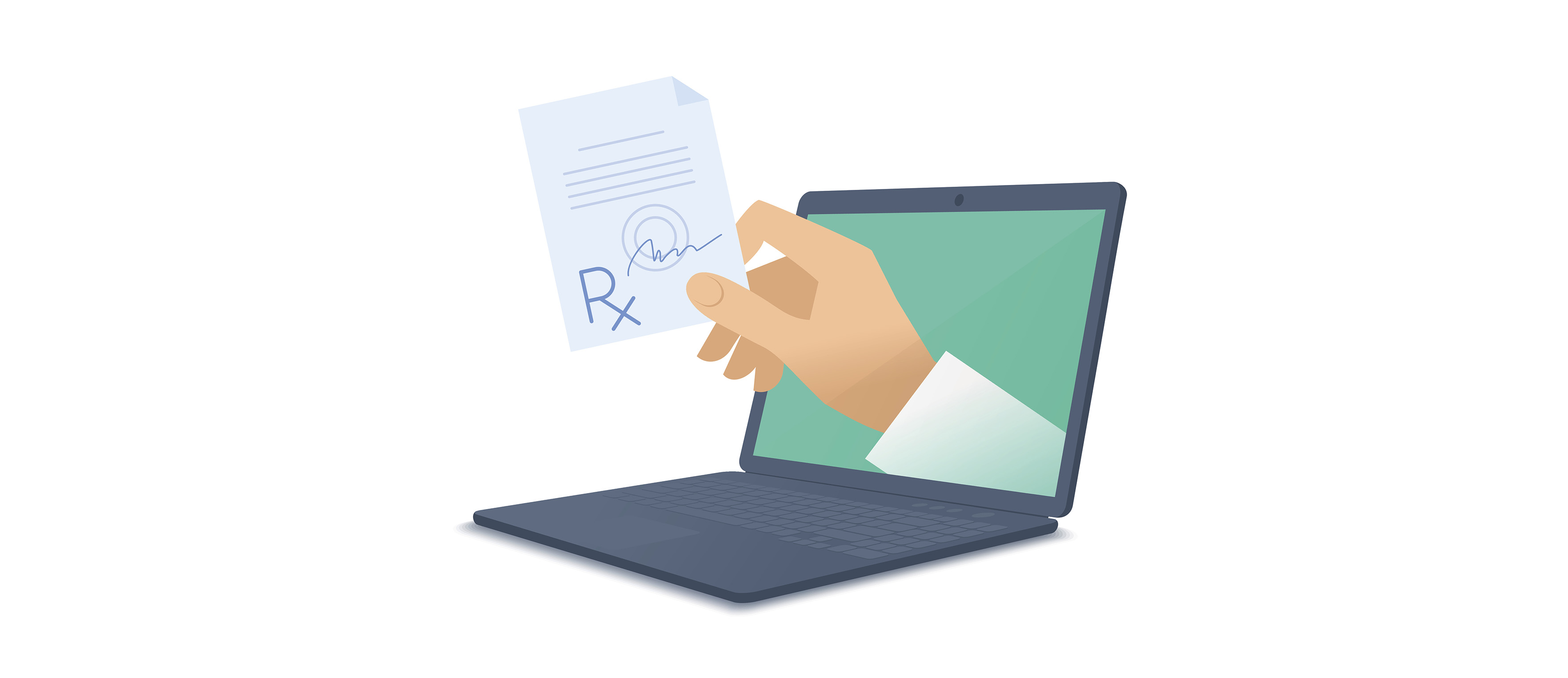How online patient portals are transforming health care
Your health care is going digital — but at what cost?


Your health-care information is going digital.
Patient portals — secure websites that give people access to medical information — now let you easily check doctor visit summaries, test results, prescriptions, and other personal data, all with a few clicks of a mouse. Some patient portals also give you the ability to directly email questions to your doctor, fill out necessary forms, pay bills, or schedule future appointments. Convenient!
More and more health-care providers are beginning to offer patient portals. The Office of the National Coordinator for Health Information Technology (ONC), which is part of the U.S. Department of Health and Human Services (HHS), reports that 64 percent of hospitals had some type of online patient portal in 2014. Another survey found that, in 2016, 58 percent of health-care providers were offering portals.
The Week
Escape your echo chamber. Get the facts behind the news, plus analysis from multiple perspectives.

Sign up for The Week's Free Newsletters
From our morning news briefing to a weekly Good News Newsletter, get the best of The Week delivered directly to your inbox.
From our morning news briefing to a weekly Good News Newsletter, get the best of The Week delivered directly to your inbox.
These online tools are supposed to give people more control over their medical data and allow for easier access while lowering costs. However, they aren't without their issues. Here, a look at some of the benefits — and the downsides — of digital patient portals.
The pros:
Easier access to information
The days of calling your doctor's office during specific hours and waiting for answers are disappearing. Patient portals give you easy access to your medical information online. The only thing you need is an internet connection and a computer, phone, or tablet. You can access a patient portal 24 hours a day, and most portals allow patients to check a variety of data ranging from prescriptions to test results.
A free daily email with the biggest news stories of the day – and the best features from TheWeek.com
Better patient engagement
When patients have the ability to check their test results or see their prescriptions online, they become more engaged in their own health care. They're more likely to ask questions, and they become active participants in the health-care system.
Some digital portals are able to email alerts or reminders. They can notify you when it's time to get an annual checkup or a flu shot. They can also instantly send appointment reminders. This increases patient engagement and can lead to improved overall health.
More time and lower costs for health-care providers
Patient portals can be a big time-saver. Whereas a dedicated team would otherwise need to answer phones and book appointments, that manpower can now be redirected elsewhere. The same goes for piles of paperwork: Patient portals can help eliminate these administrative tasks and put it all online, allowing health-care providers to focus instead on delivering better care at a lower cost.
Providers also love the ability to let patients pay through digital portals. Fast and easy payments reduce the cost of collection notices or calls. They also provide instant revenue, a nice alternative to waiting months for insurance payments to arrive.
The cons:
Lack of use and adoption
Despite more health-care providers offering digital portals, it's still difficult to convince patients to sign up for and actually use them. Some people aren't comfortable with new technology. Others don't like the idea of putting their medical information online. There's also a segment of the population that forgets to use the portals and falls back on traditional phone calls.
One survey found that many people who don't use patient portals simply don't know that they exist in the first place. There's also a generation gap at play here: Millennials are more likely to use portals than baby boomers.
Security concerns
When patients are asked why they don't want to use a digital portal, security concerns are usually at the top of their list of reasons. A quick perusal of the top hacking targets online makes it easy to understand why: According to a study from Experian, health care has become the top target for hackers.
The U.S. Department of Health and Human Services currently shows 388 active investigations of health-care security breaches in which people had their personal data stolen or hacked. All of these breaches occurred in the last 24 months. By 2024, one frightening prediction suggests that every person in the United States will have personal medical information stolen or hacked. A medical record may be worth up to $1,000 on the dark web.
Privacy concerns
Patients are also concerned about their personal privacy. Some are anxious about employers gaining access to their medical data. Others don't want family members to see their records. Consider the problem with minors: They have certain rights that keep their information private, but can digital portals make that information public to their parents?
While these new digital tools have multiple benefits, there are downsides that also have to be considered. As patient portals grow in adoption, concerns will continue to surface, and the list of questions that need answering will no doubt grow.
Lana Bandoim is a freelance writer and editor. Her work has appeared on Yahoo! News, CNN iReport, The Huffington Post, Lifescript, Healthline, and many other publications.
-
 Political cartoons for January 4
Political cartoons for January 4Cartoons Sunday's political cartoons include a resolution to learn a new language, and new names in Hades and on battleships
-
 The ultimate films of 2025 by genre
The ultimate films of 2025 by genreThe Week Recommends From comedies to thrillers, documentaries to animations, 2025 featured some unforgettable film moments
-
 Political cartoons for January 3
Political cartoons for January 3Cartoons Saturday's political cartoons include citizen journalists, self-reflective AI, and Donald Trump's transparency
